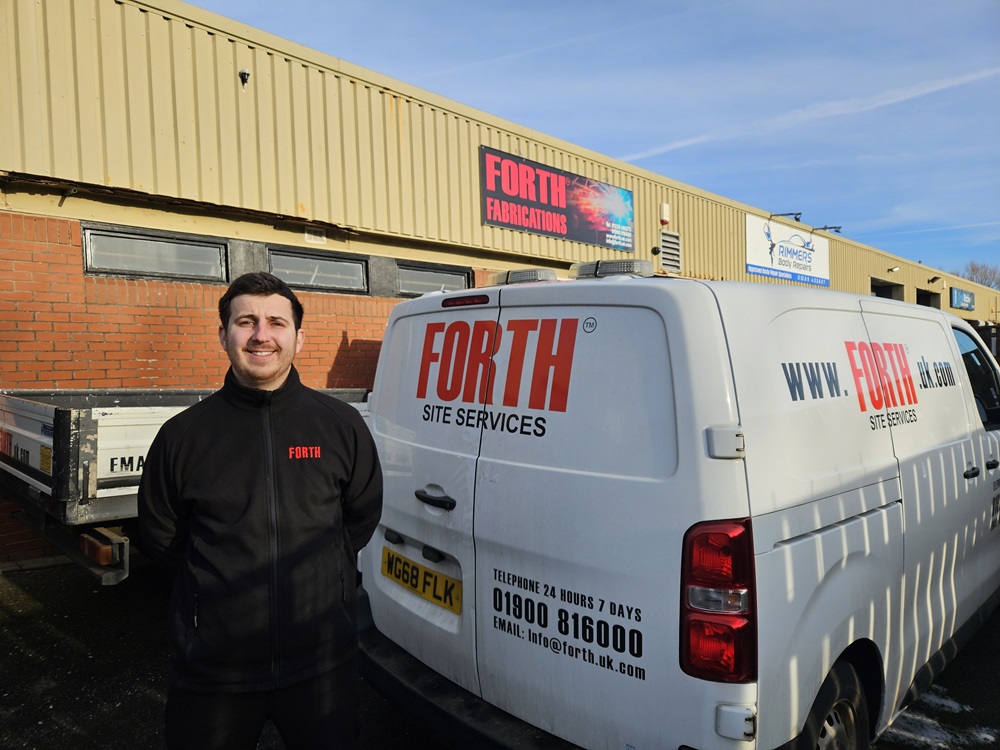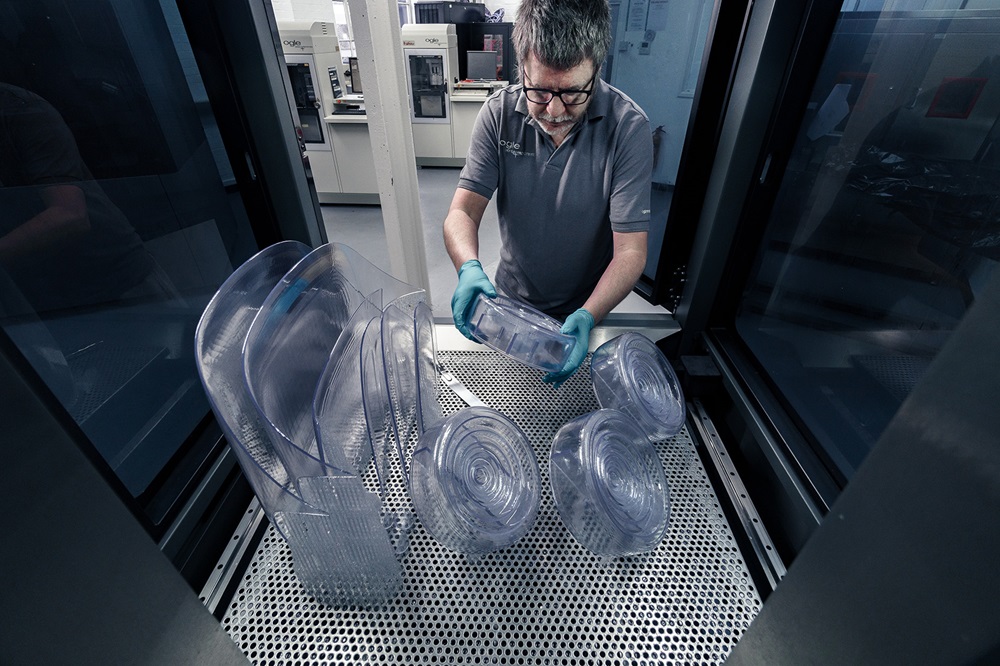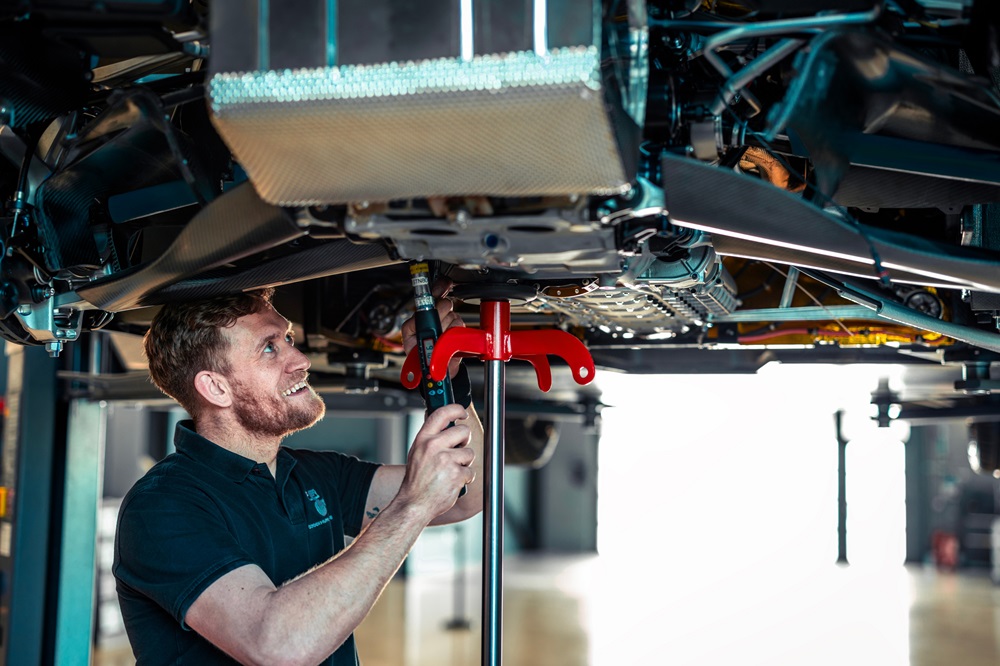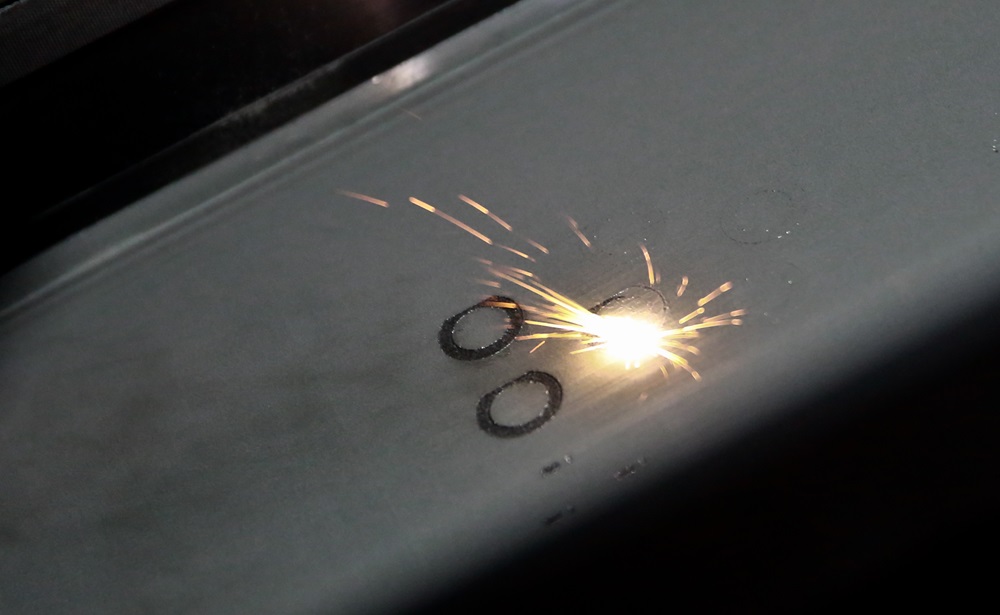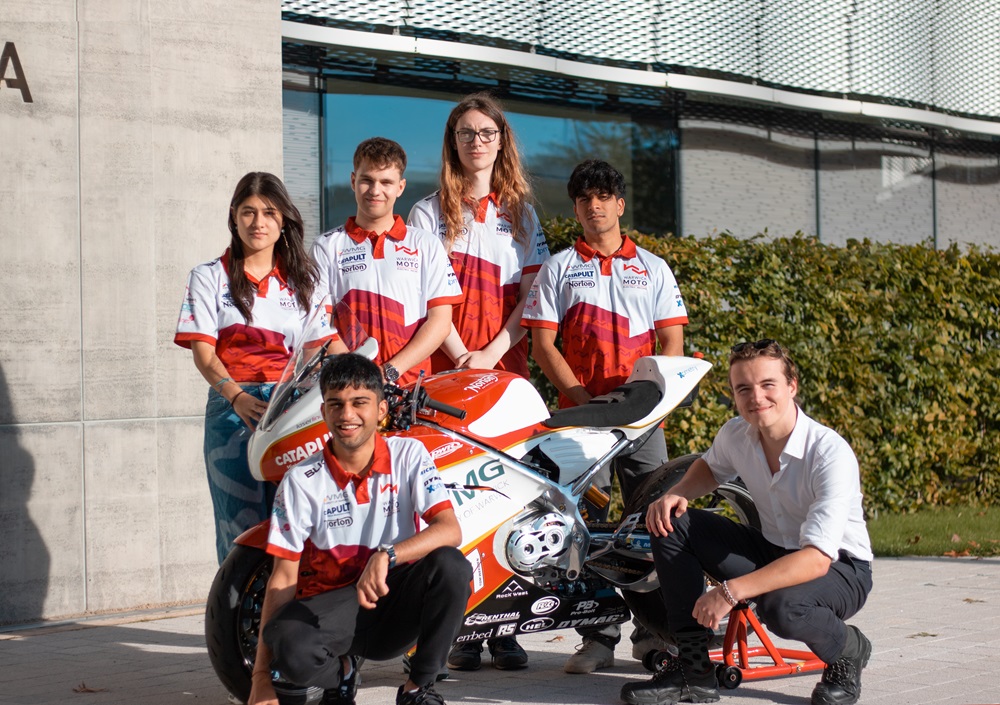A major investment in Barrow-in-Furness can only be good news for supply chain companies and the wider economy. That is the view of award-winning engineering business Forth, which has one of its three Cumbrian bases in the town. The Government’s announcement of a £20m investment in the Barrow Transformation Fund is expected to create more than 8000 career opportunities at BAE Systems, its supply chain and the region’s economy. Forth believes the fund will help it attract engineering talent to the area as well as creating significant opportunities to support new defence projects at BAE Systems.
For further information www.forth.uk.com






